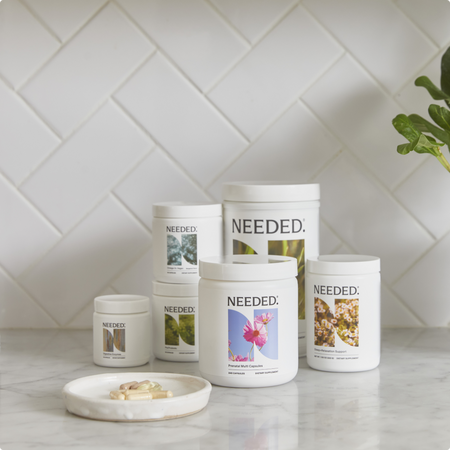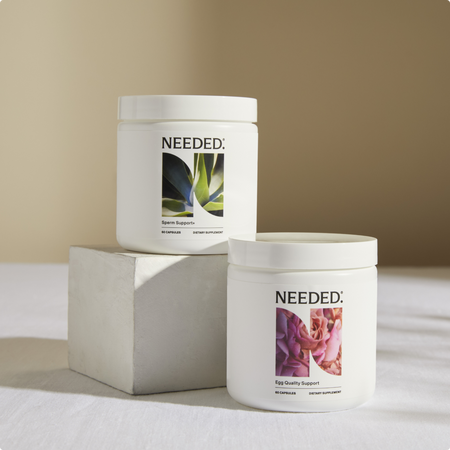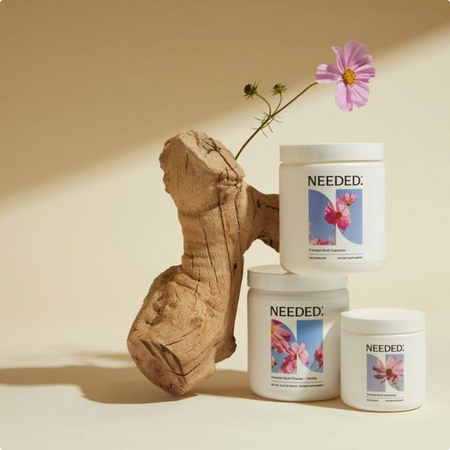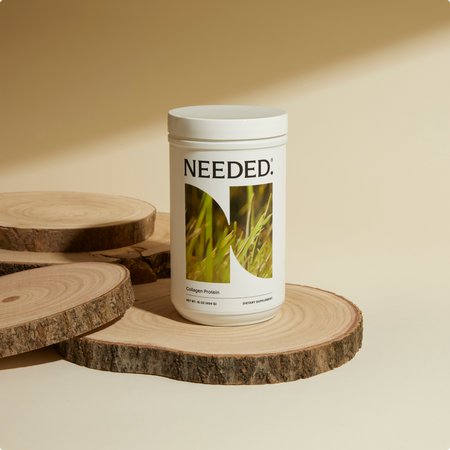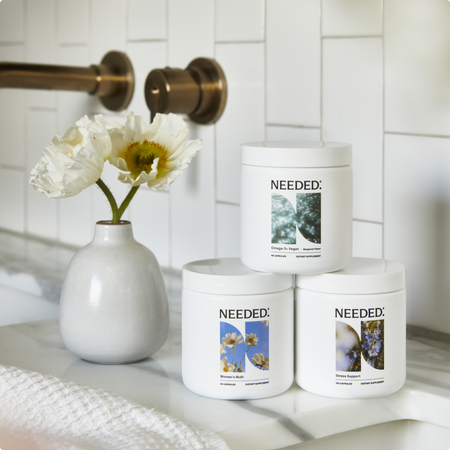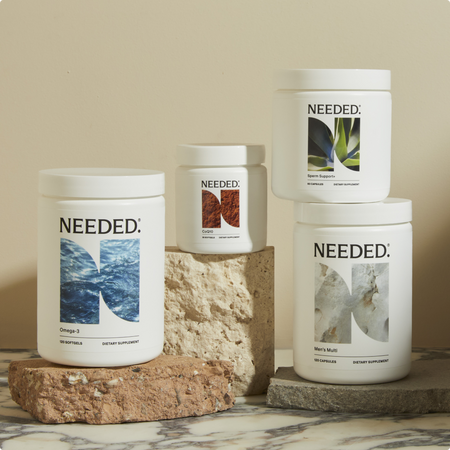Between work deadlines, family obligations, and the relentless buzz of notifications, finding even a moment for yourself can feel like an indulgence, if not an outright impossibility. The demands pile up, and the idea of self-care starts to sound like a luxury reserved for people with fewer responsibilities and more time to spare.
But the old adage about putting on your own oxygen mask first exists for a reason. With burnout reaching new heights and both time and money stretched thinner than ever, many parents are left wondering whether self-care is just another unattainable ideal.
The research, however, tells a different story. Studies show that self-care isn’t just a wellness trend; it’s a critical investment. Prioritizing rest, movement, and moments of calm can improve mental health, enhance productivity, and even support long-term physical well-being. In other words, taking care of yourself isn’t a distraction from your responsibilities—it’s what allows you to meet them in the first place. Here we unpack some of the research out taking some time to take care of yourself.
1. Self-Care Reduces Stress and Lowers Cortisol
When you’re constantly on the go, your body is likely flooded with cortisol, the stress hormone. Chronically high cortisol levels have been linked to everything from anxiety and depression to heart disease and impaired immune function. Research from the American Psychological Association shows that engaging in self-care activities—whether it’s taking a walk, journaling, or practicing meditation—helps lower cortisol levels, reducing overall stress.
2. It Supports Brain Health and Emotional Resilience
Ever notice how even a short break can make you feel more capable of handling life’s challenges? That’s because self-care plays a direct role in cognitive function and emotional regulation. A 2020 study published in Nature Human Behaviour found that mindfulness-based self-care practices, like deep breathing and guided relaxation, improve brain plasticity and strengthen neural pathways associated with resilience.
3. Regular Self-Care Enhances Sleep Quality
Poor sleep is a common struggle, but self-care can help. A 2022 study in the Journal of Behavioral Medicine found that individuals who consistently engage in relaxation techniques, such as yoga, reading, or warm baths—fall asleep faster and experience deeper, more restorative sleep.
4. It Boosts the Immune System
Yes, self-care can actually keep you healthier. Research from Carnegie Mellon University suggests that stress reduction techniques like spending time in nature, laughing, or engaging in hobbies help regulate the immune system, making you less susceptible to illnesses like colds and the flu.
Read more about immunity from functional nutritionist Lindsay Christensen here.
5. Taking Care of Yourself Makes You More Productive
It might seem counterintuitive, but stepping away from work or responsibilities to focus on self-care actually makes you more efficient. A 2019 study from the University of Warwick found that happiness—often cultivated through self-care—boosts productivity by 12%. Taking regular breaks and practicing self-compassion can prevent burnout and increase long-term success.
How to Prioritize Self-Care Without Guilt
If you struggle with feeling selfish for taking time for yourself, remind yourself that self-care is not indulgent—it’s essential. Here are three simple ways to start incorporating it into your daily life:
-
Start Small: Even five minutes of deep breathing or stretching can make a difference.
-
Schedule It: Treat self-care like an appointment. Block off time for movement, meditation, or a favorite hobby.
-
Set Boundaries: Learn to say no to things that drain your energy and yes to what replenishes it.
Self-care isn’t about avoiding responsibilities—it’s about sustaining yourself so you can show up as your best. And with science on your side, there’s every reason to make it a priority. Not sure where to start? Our article on habit stacking from Dr. Kasey Jo Orvidas offers simple, effective ways to weave self-care into your daily routine.








